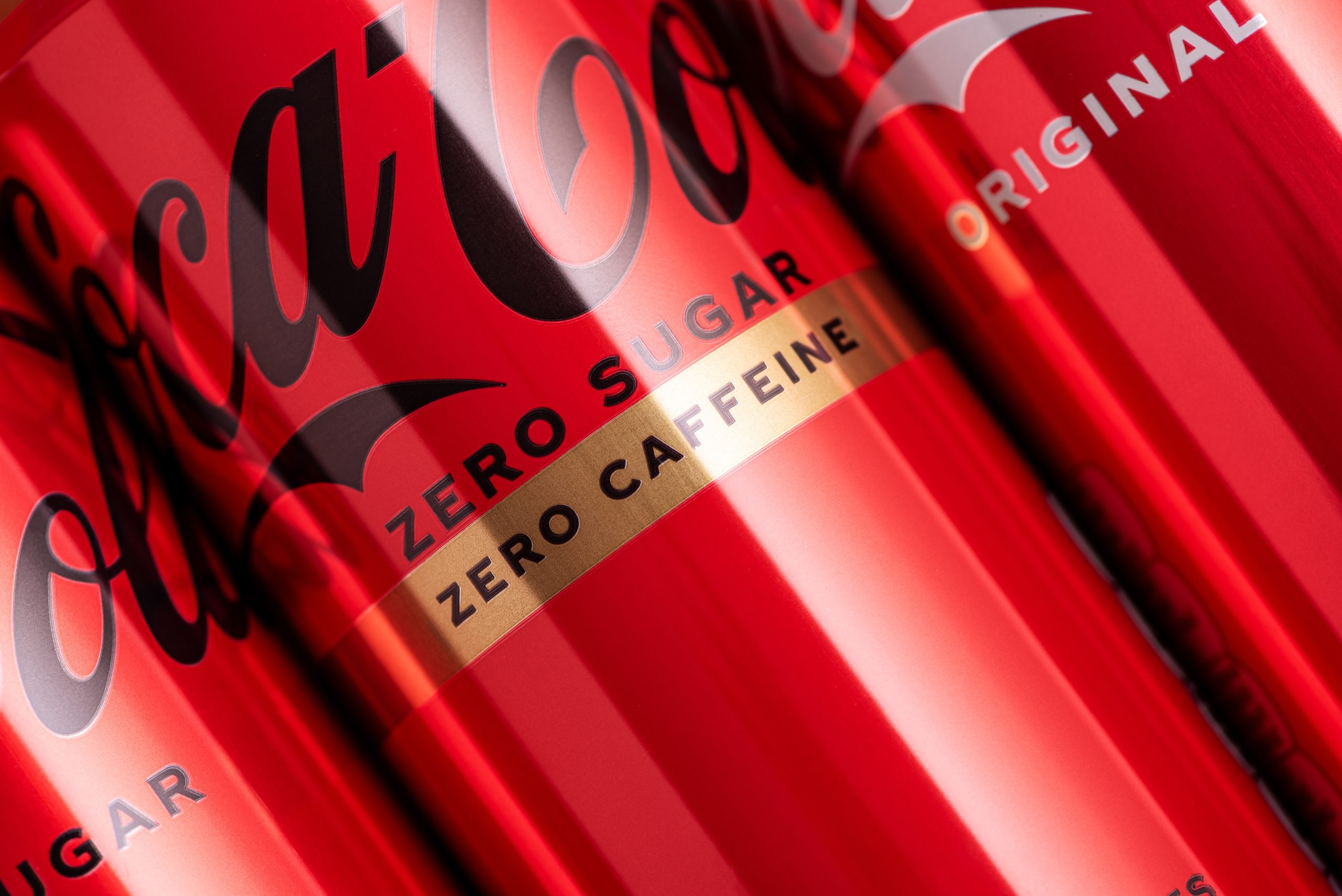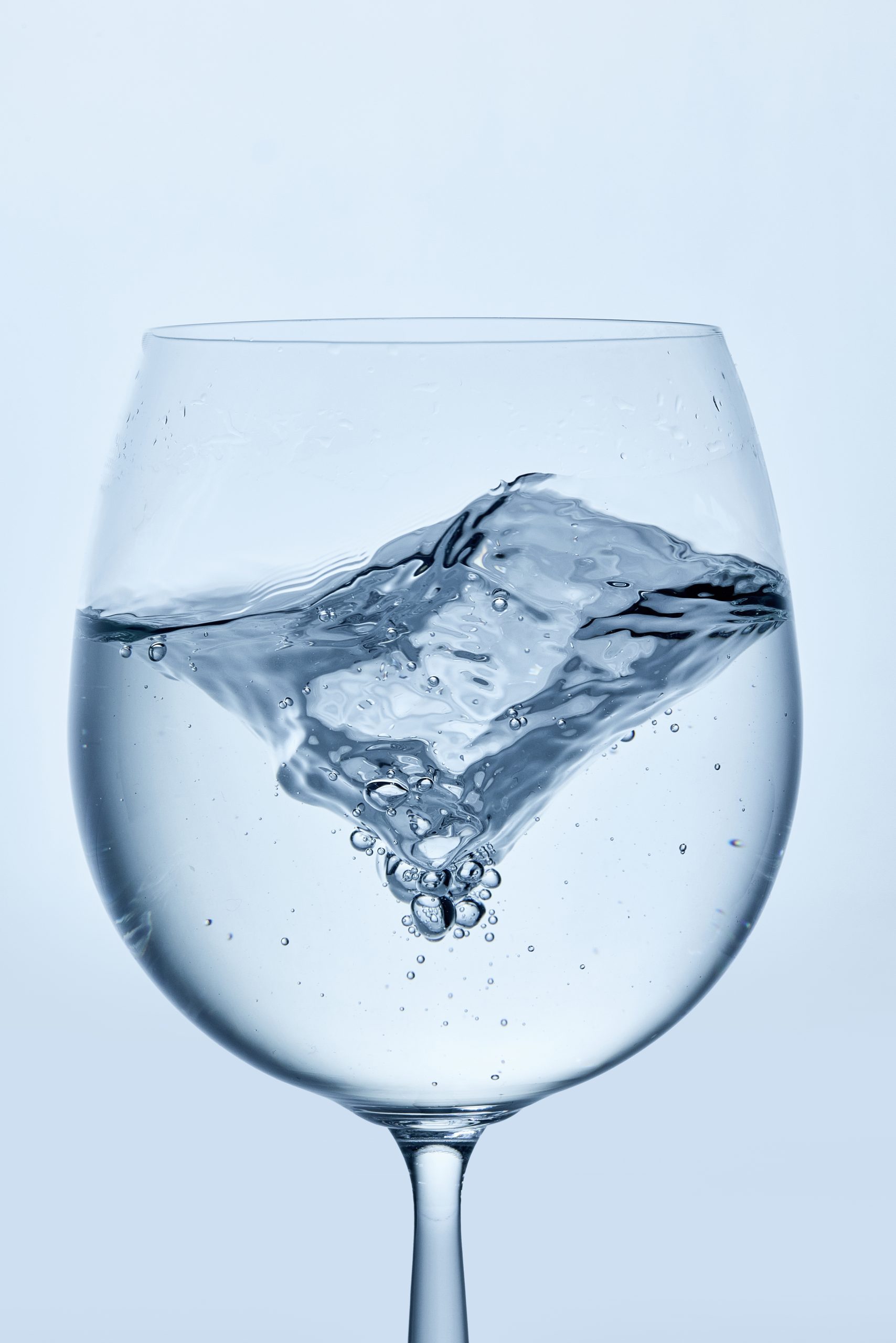The beverage aisle and the drink cooler are hotspots for deceptive pricing and misleading “specials.” Retailers know that drinks are often an impulse buy. They use a variety of clever tricks to make you think you are getting a great deal. In reality, you are often being subtly pushed toward a more expensive or a less valuable option. By learning to spot these thirteen common beverage pricing tricks, you can avoid getting duped.

1. The “2 Liter for $2.00” Illusion
A common price point for a 2-liter bottle of soda is “2 for $2.00” or “$1.00 each when you buy 2.” This looks like a great deal. However, the regular price for a single bottle might only be $1.19. The “sale” is only saving you a tiny amount. It is designed to get you to buy two bottles instead of just one.
2. The Expensive Single Bottle
The refrigerated cooler at the front of the store is all about convenience. The price for a single, cold 20-ounce bottle of soda or water is almost always dramatically higher per ounce than the price for a multi-pack or a 2-liter bottle in the main aisle. You are paying a huge premium for the convenience of a cold, single serving.
3. The “10 for $10” Can Trap
A “10 for $10” sale on individual cans of soda seems like a simple dollar-per-can deal. However, this often requires you to buy all ten cans to get that price. If you only buy one can, it will ring up at a much higher price, like $1.50. The deal forces you to buy in bulk.
4. The Misleading Mini Can Price
The small, 7.5-ounce “mini cans” of soda are marketed for portion control. However, they are almost always a terrible value. The price per ounce for these mini cans is often double the price per ounce for a standard 12-ounce can. You are paying a huge premium for the smaller, trendier packaging.
5. The “Bonus Pack” with the Same Price
A beverage company might release a “Bonus Pack” that contains 15 cans instead of the usual 12. However, the price for this bonus pack is often proportionally higher. This means you are not actually getting the extra three cans for free. You are just buying a larger package at the same standard price per can.
6. The “Compare At” Price on Water
A case of bottled water will often have a “Compare At” price on the sign. This shows the supposedly higher price of a competitor. However, this comparison price can be misleading. It might be comparing the store brand to a much more expensive, premium brand like Fiji, creating a false sense of value.
7. The Deceptive Juice Label
A large bottle of juice might look like a great deal. However, you must check the label carefully. Many cheap “juice drinks” are labeled as a “Juice Cocktail.” This means they contain only a small percentage of real juice. The main ingredients are water and high-fructose corn syrup.
8. The Fancy Water Markup

The shelf is now filled with dozens of brands of “enhanced” or “premium” bottled water. These waters, which claim to have added electrolytes or a special pH level, often cost two or three times the price of regular bottled water. In most cases, these health claims are not backed by strong science. You are just paying for fancy marketing.
9. The Expensive Energy Drink 4-Pack
A 4-pack of energy drinks might seem like a better value than buying single cans. However, the price per can in the 4-pack is often exactly the same as the single can price. There is no actual bulk discount. The multi-pack just encourages you to buy more at once.
10. The Coffee Creamer Size Illusion
Coffee creamer bottles come in two main sizes: 16 ounces and 32 ounces. You would assume the larger bottle is the better value. However, the stores will often put the smaller, 16-ounce bottle on sale. This can make its price per ounce cheaper than the larger size. You always have to check the unit price.
11. The Expensive Organic Milk Half-Gallon
Organic milk is always more expensive than conventional milk. However, the price difference is often much smaller on a full gallon than it is on a half-gallon. The smaller, half-gallon size of organic milk frequently has a much higher price per ounce. This pushes you to buy the larger, more expensive gallon.
12. The Sports Drink Powder vs. Bottle
A canister of powdered sports drink mix is almost always a much better value than buying the pre-mixed, bottled version. You are essentially paying a huge premium for the convenience of having the company add the water for you. Mixing it yourself at home is far more economical.
13. The Wine Rebate Hassle
A bottle of wine might have a large tag that advertises a mail-in rebate. This makes the final price seem very low. However, these rebates often require you to buy multiple bottles. They also involve a complicated redemption process. The store is counting on the fact that you will never actually mail in for the rebate.
The Thirsty Shopper’s Guide
The beverage aisle is a minefield of deceptive pricing and clever marketing. The deals are often not as good as they seem. The convenience almost always comes at a premium. The best way to save money is to be a skeptical shopper. You must always check the unit price. You need to question the value of the “special” offers. A little bit of math can save you a lot of money on your favorite drinks.
What is the most deceptive beverage deal you have ever seen? Let us know in the comments!
What to Read Next
- 11 Beverage Specials That Beat Stockpiling Soda Packs
- 6 Hot Beverages Pulled From Store Cafés Without Notice
- 9 Common Reasons Why Bottled Beverages Face Recalls
- 8 Endcap Displays That Rarely Mean Real Savings
- 6 Foods and Drinks Nutrition Experts Warn Against Once You Hit 30
The post 13 Beverage “Specials” That Are Actually Clever Pricing Tricks appeared first on Grocery Coupon Guide.

.jpg?w=600)





